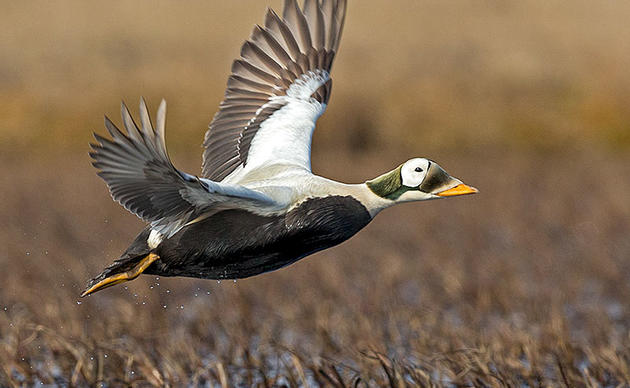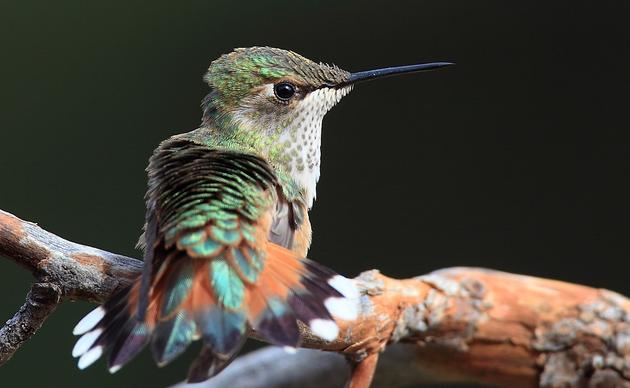On January 9th, 2020, President Trump announced plans to roll back the nation’s bedrock environmental legislation—The National Environmental Policy Act (NEPA). It passed in 1970 by overwhelming bipartisan support in U.S. Congress and was signed into law by a Republican president.
NEPA is a national policy created to "encourage productive and enjoyable harmony between man and his environment; ...promote efforts which will prevent or eliminate damage to the environment and biosphere and stimulate the health and welfare of man." In Alaska, this law has given voices to local communities and national stakeholders. The future of our public lands and resources will be shaped by the implementation of these short-sighted recommendations. Here are a few ways these proposed changes will impact current Audubon priorities in Alaska:
Tongass National Forest
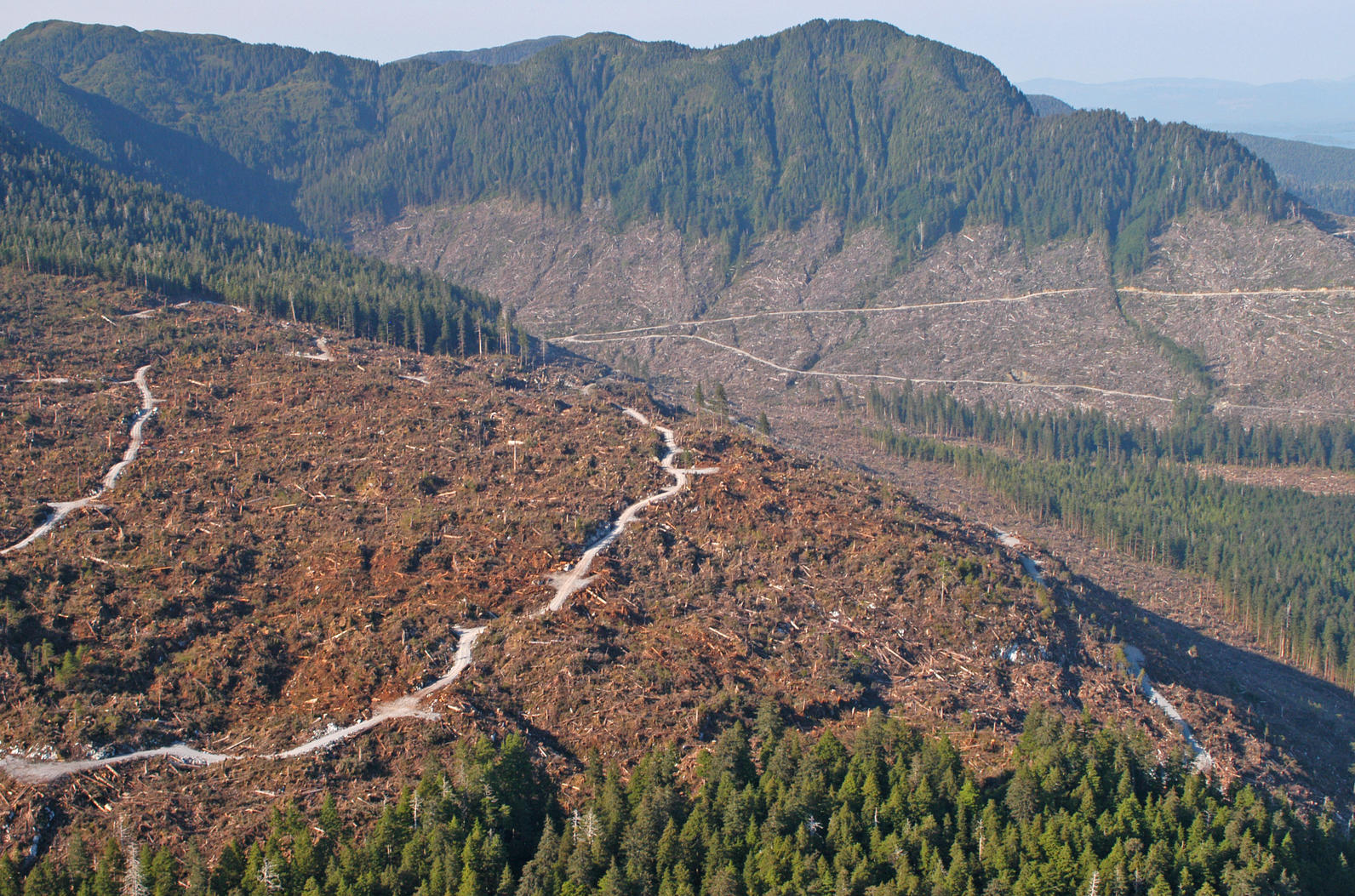
The Trump administration is already trying to circumvent NEPA for timber sales in old-growth forests on the Tongass. The proposed changes to NEPA will make it easier for the Forest Service to reduce or eliminate public input for actions such as the Prince of Wales Landscape Level Analysis, which cuts the public out of decision-making processes and incorrectly requires logging to be valued over recreation, wilderness, wildlife, fish and habitat protections.
Mining on BLM lands
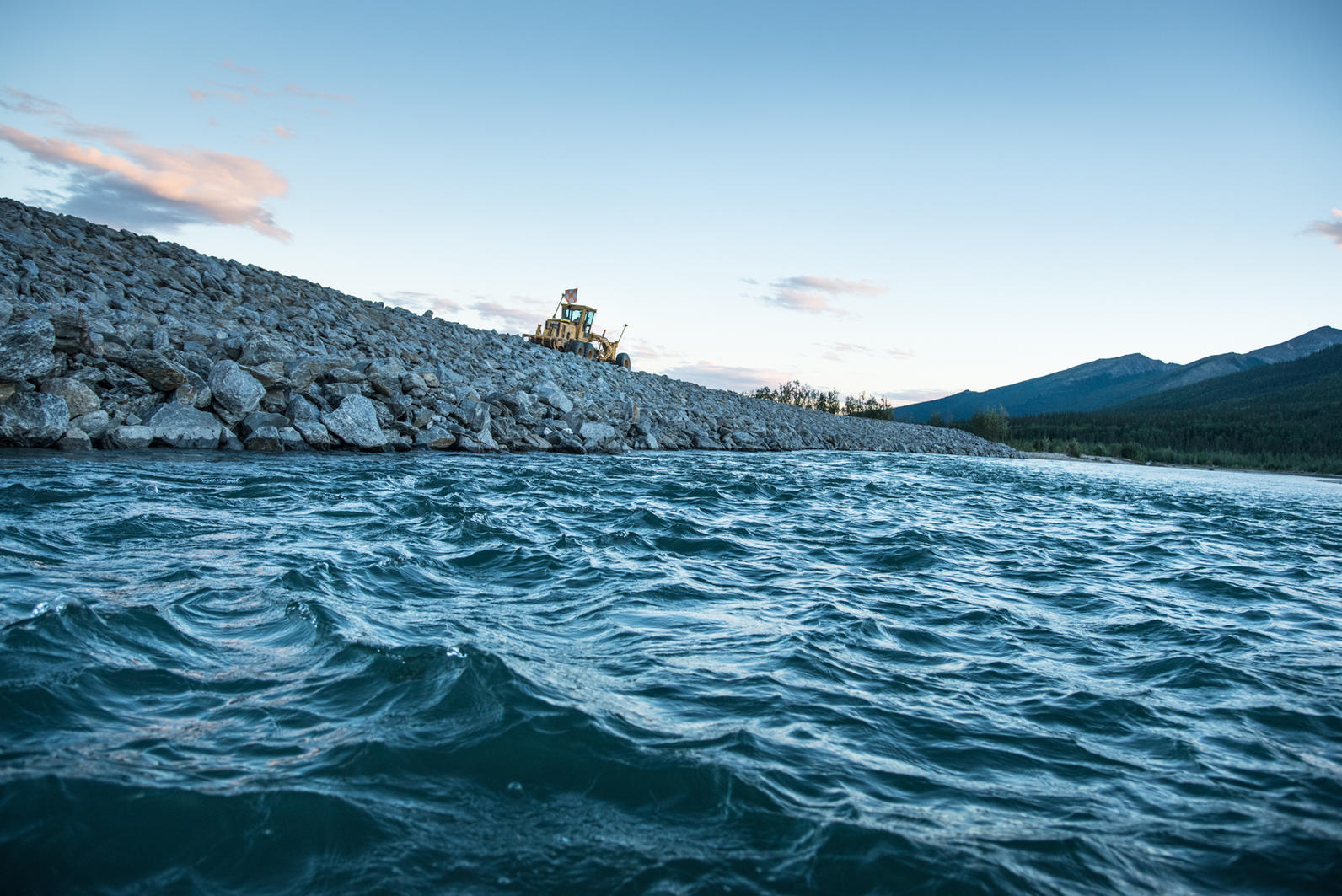
Even though NEPA prevents the BLM from allowing large-scale mining projects without public input, Indigenous Peoples across Alaska have not been properly consulted on proposed mining project on public lands. Recent actions by the BLM would open 63 million acres of public lands to mining and other development activities without proper consultation with Tribes within these regions. The Trump administration’s NEPA rollbacks would most likely end consultation with Tribes across Alaska, limiting or eliminating the voices of Alaska’s Indigenous Peoples. It will also eliminate the need for the public to be involved in deciding the largest public land giveaway in the country.
Climate Change impacts and oil and gas drilling in the Arctic
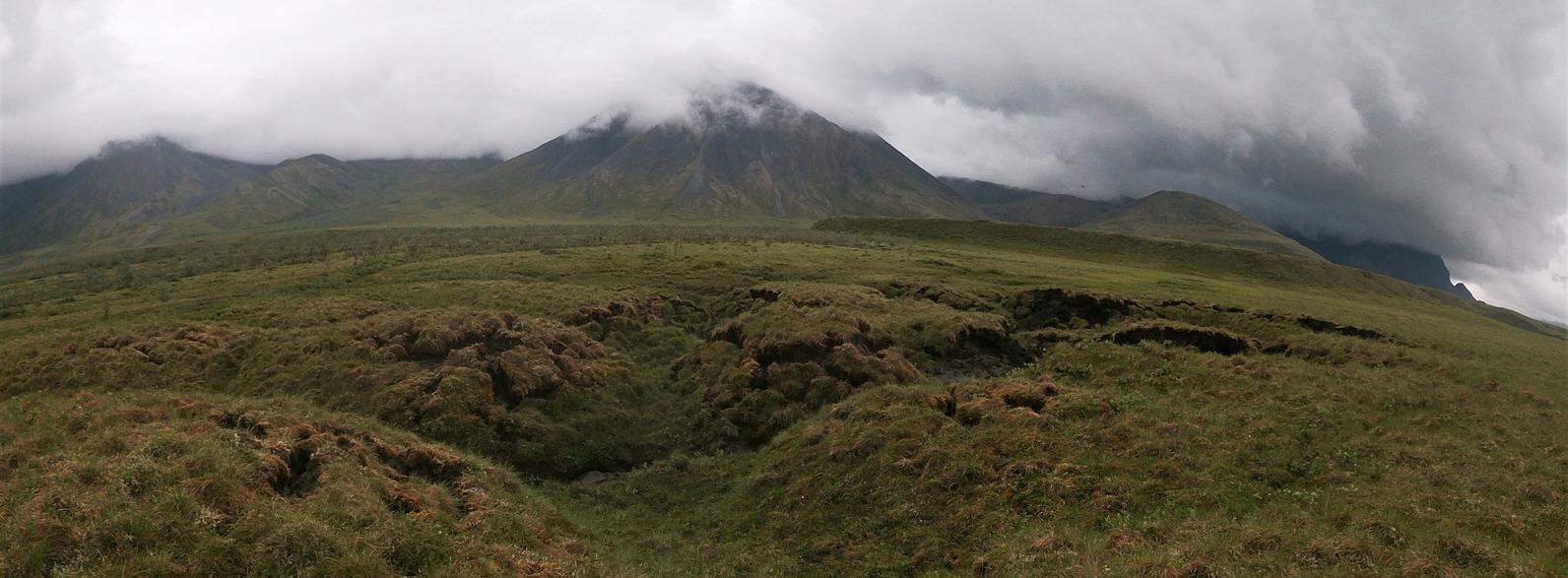
The proposed NEPA rollback will weaken the requirement of federal agencies to review climate change impacts under “cumulative impacts” and reduce the federal government’s ability to build climate-resilient communities and infrastructure. NEPA required BLM to acknowledge the impacts of climate change in the Environmental Impact Statement for the Arctic Refuge Coastal Plain; “Many species that nest in the Arctic Refuge Coastal Plain already are experiencing decreasing populations, and many could suffer catastrophic consequences from the effects of global climate change.” In the Arctic, climate change is a reality that will be ignored without NEPA’s guidelines to enforce thoughtful consideration for the region’s federal lands future.
What can we do?
Audubon’s Alaska program will be tracking this issue and its impacts on Alaskan communities and ecosystems. The current proposed changes to NEPA are available for public comment for 60 days and public hearings will take place.


